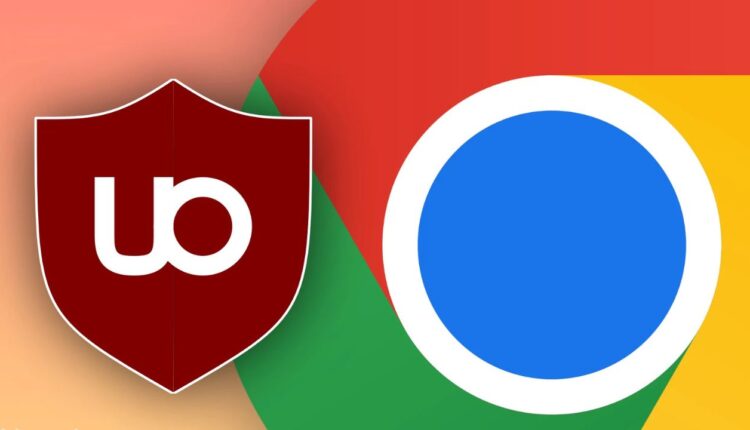Many users were surprised to find that their favourite content filter, uBlock Origin, no longer works after Google changed the extension mechanism in Chrome. The browser’s extension framework is getting a big update called Manifest V3, which is why this change is happening. Google says the change is meant to make things work better and be more secure, yet it directly affects how extensions like uBlock Origin work and often stops them from working at all.
We’ll talk about why this happened, what you can do right away, and the best long-term ways to keep your browsing safe and free of ads in this article.
Table of Contents
Why Did Chrome Disable uBlock Origin?
Chromium is an open-source framework that drives browsers including Microsoft Edge, Brave, Opera, and Vivaldi. Google’s Chrome browser is based on Chromium. The business has moved on with Manifest V3, which limits some of the APIs that standard ad blocks utilise. What happened? Extensions like the original uBlock Origin can no longer work as they should, or have been turned off completely.
Google has officially stopped supporting the old extension system, Manifest V2, and taken away the workarounds that let users turn it back on.
Is Ad Blocking Gone for Good in Chrome?
Not completely, but it’s changing.
Google hasn’t completely prohibited ad blockers, but developers now have fewer options. This has an effect on how well content-blocking extensions can work. Chrome users may now choose lighter, less customisable versions of their favourite blockers instead of full-featured ones.
Quick Fix: Install uBlock Origin Lite
You can get uBlock Origin Lite from the Chrome Web Store if you want a quick and easy fix. This version was built by the same developer and works with Manifest V3. It keeps a lot of the essential features that made the original so successful.
But remember:
- The Lite edition doesn’t include advanced capabilities like dynamic filtering and scriptlet injection.
- You probably won’t notice much of a difference if you only use the default settings.
- This version may feel limiting to power users who relied on finely calibrated filters.
- The developer’s official GitHub page has a full list of features that aren’t supported.
Long-Term Solutions: Consider Switching Your Browser
You might want to think about switching browsers if you want full control over blocking material. Here are two good options:
Firefox and Firefox-Based Browsers
Mozilla Firefox doesn’t use Chromium, but it still works with the original uBlock Origin and all of its features. There are no problems with the extension; it works as it should. Some choices are:
- Mozilla Firefox
- Mullvad Browser (which is all about privacy)
Raymond Hill, who made uBlock Origin, has said before that Firefox is the best browser for his add-on.
Chromium Browsers That Still Support Classic Extensions
Some Chromium-based browsers, like Brave and Opera, have said they will continue to support some Manifest V2 extensions, at least for now. This is a short-term fix, but it’s not clear how long they’ll keep this support as Google tightens its rules.
Final Thoughts
Google’s choice to stop using Manifest V2 has a big effect on people who care about their privacy. uBlock Origin may not work in Chrome anymore, but you still have options:
- For a simpler experience, use uBlock Origin Lite.
- For full-featured ad blocking, use Firefox.
- Think about using a Chromium alternative that still works with old extensions.
You should be able to access the internet on your own terms, with privacy, speed, and user control being the most important things. Staying educated will help you have a smooth and safe online experience, whether you decide to change or adapt.


